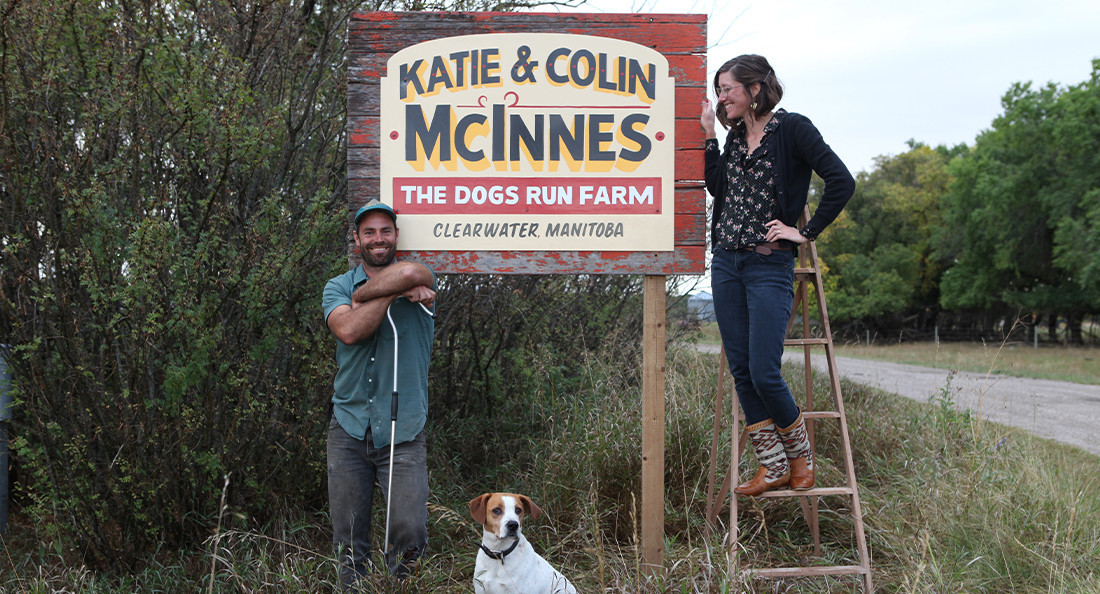Meet your meat
Local meat farmers provide assurance of ethical farming
While larger meat-processing plants have struggled to keep their produce and their workers safe during the COVID-19 pandemic, local producers have been connecting directly with customers. These customers can trust that their farmers are working responsibly and treating their animals well.
When the pandemic-induced lockdown hit back in March, Andreas Zinn of Zinn Farms had been planning on implementing an online ordering system for their farm, which sells vegetables, eggs and meats.
They were able to launch the program sooner than they intended. Even with the loss of many restaurant clients, they were able to keep their income at a similar level to last year. They now sell meats, eggs, broth and vegetables through their online store, farmers’ markets and a seasonal Community Supported Agriculture share (CSA).
“Small producers have a more intimate management with their farm and are likely going to have practices that are more environmentally friendly,” Zinn says. Due to the size of their farm, they can allow their 15 cows and 250 pigs, among other animals, to pasture free-range for three seasons of the year. They also mill their own feed.
Katie McInnes runs the Dogs Run Farm with her husband Colin. They started farming together a year into their relationship.
“We really think the ability of an animal to express its natural behaviour, such as, for the pigs, rooting around, eating bugs and expressing different kinds of social behaviours within the herd is important,” McInnes says.
“When we are loading animals to go to the butcher, we back the trailer up a day or two before to get them used to it. If possible, we never load the pig (alone) ... it’s much less stressful for them.”
Both the Dogs Run Farm and Zinn Farms practise restorative agriculture and rotational grazing. They prioritize the health and care of their animals.
“As white people with access to land, we didn’t invent (regenerative practices), and even the places we learned it from, learned it from Indigenous people from across the world who are the real land protectors,” McInnes says.
While some people may find animal farming unethical, McInnes says, “We are taking responsibility for the blood on our hands, because that blood doesn’t go away, no matter what you eat. (Eating plant-based foods) doesn’t exempt you from (causing) suffering,” either to animals whose habitat is cleared for crops or people from the Global South who are forced to work under inhumane labour practices.
“I take responsibility for what I am going to ingest, and we give (the animals) as best of a life as we can on our farm. It is a deeply personal choice, so finding ways to connect with your food is really important, so you can take responsibility for your impact on the planet.”
Zinn says getting food from larger commercial farms is a huge factor in climate change and causes other serious concerns. Citing the closure of two major Canadian meat-processing plants this year due to COVID-19, he says “it creates a big shortage and a big bottleneck in the supply chain. My hope is that people start recognizing (the effects of commercial farming) and that a stable food system is one that supports local food production, including butcher shops and farms.”
Zinn Farms offers pickup and delivery through their online store at zinnfarms.com. The Dogs Run Farm meats and eggs can be purchased by directly contacting the farmers through their website, thedogsrun.com.
Published in Volume 75, Number 08 of The Uniter (November 5, 2020)







